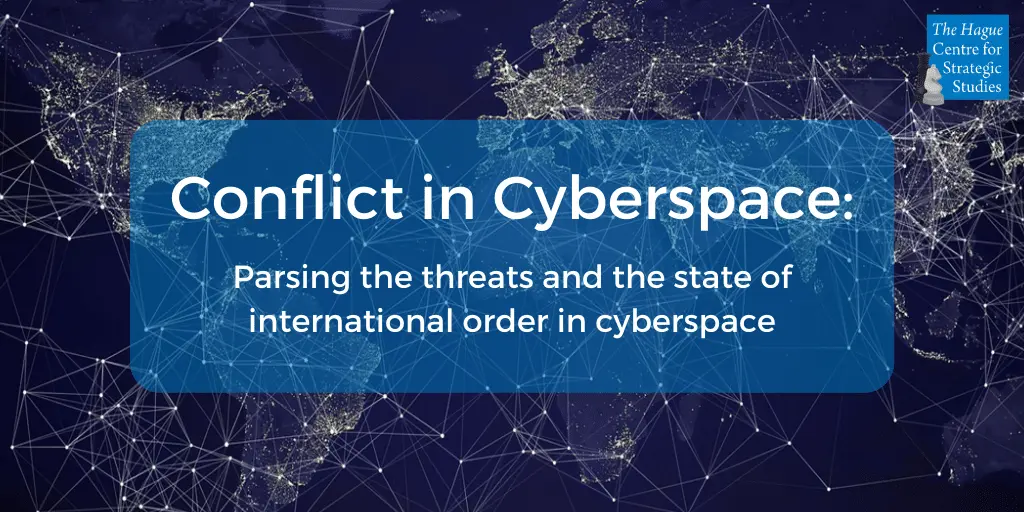Research
Counterterrorism is often described, by analysts and practitioners alike, as a multifaceted policy, which should include a broad range of policy instruments. The European Union Counter-Terrorism Strategy and Countering International Terrorism: the United Kingdom’s Strategy show how broadly counterterrorism can be perceived, as they include measures ranging from border control and treatment of ethnic minorities to crisis management and defense transformation (UK Government, 2006: p. 3 and European Council, 2005a: p. 6). Given how widelyshared the assumption about the broadness of counterterrorism policies is, it is remarkable that there is as yet very little research into the ways in which counterterrorism can affect other policy priorities. Counterterrorism, like most other policies, is often examined in isolation of other policies, or is implicitly treated as having priority over all other policy considerations. Typically, suggested adaptations of counterterrorism policies take little notice of the impact or even feasibility of these policy shifts vis-à-vis other policy fields (see e.g. Sageman, 2008: p. 147- 178). For example, it is often argued that a fair solution to the Israeli-Palestinian conflict will help the US in countering terrorism as it would take away an important catalyst of radical Islamist sentiments, but these arguments tend to ignore the intricacies of US foreign policy making and the interests that are at stake in this conflict. The room for maneuver that the US has in the Middle East conflict is severely limited by pressure from lobby groups and segments of the electorate, and these tend to outweigh the possibly positive effects that a softer stance towards Hamas would have on the perception of the US in the Middle East.





